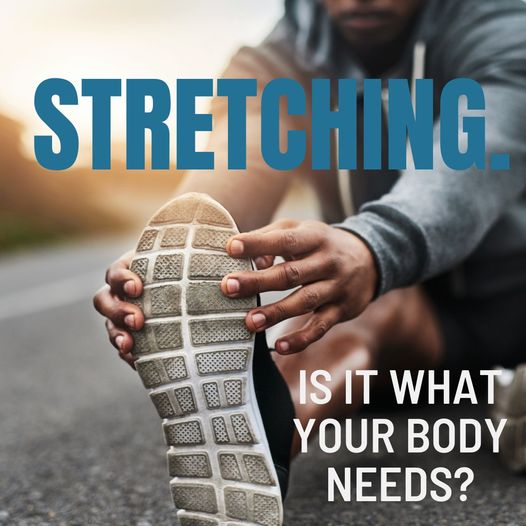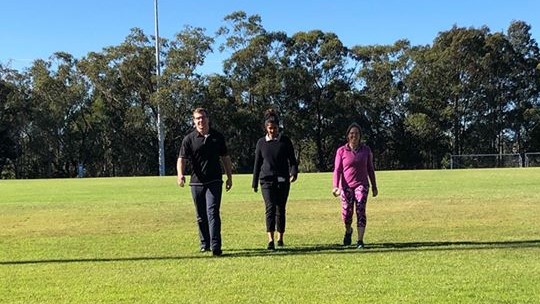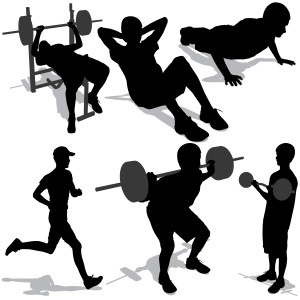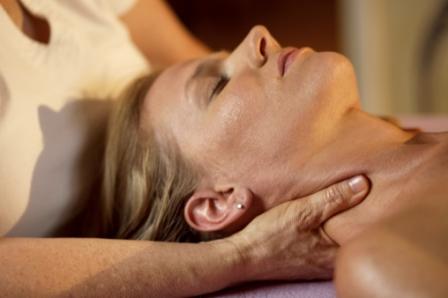
The reason for doing the recommended 2 strength based exercise sessions per week has been given another boost from a recently published study. Stamatakis et al analysed adults over 30 in the United Kingdom that were selected from a pool of 80,000 people completing an annual survey then further assessed via interview and questionnaires over a 9 year period.
Strength based exercise on its own has been shown to reduce diabetes risk and when combined with cardio exercise gave even greater benefits. This study looked at reductions in mortality that could be attributed to different types of exercise that is recommended by the world health organisation. Namely 150-300 minutes of cardiovascular exercise and 2 strength exercise sessions per week.
They found 36.2% of the sample group met only the aerobic exercise guidelines. 3.4% met only the strength exercise guidelines and 5.5% met both aerobic and strength exercises recommendations.
Participation in any form of strength exercise led to a 23% reduction in mortality from all causes and a 31% reduction in mortality from cancer. Combining the strength and aerobic exercise guidelines further reduced the rate of mortality than aerobic physical activity alone.
The definition of strength exercise included both gym and body weight exercises but they analysed whether one was better than the other. The study found bodyweight exercises gave the same benefit to gym-based activity. Previous studies have indicated that increasing muscle strength has been associated with reduced cancer mortality independent of aerobic fitness. Also higher muscle strength, as opposed to just participating in strength exercise led to reductions in mortality.
Meeting the strength exercise recommendations of twice per week was found to be as important as achieving the weekly aerobic exercise recommendations for health benefits and reducing the risk of mortality.
Summary:
- Get into strength exercises even if it’s just body weight exercise
- Make it challenging enough to increase your strength
- If you are just starting out, don’t go too hard too fast or you may increase your risk of injury
- If you are not sure what strength exercise program is suitable for you, let us know and we can help you get started on a program that is safe and effective to achieve your health goals
Stamatakis et al 2017, Does strength promoting exercise confer unique health benefits? A pooled analysis of eleven population cohorts with all-cause, cancer, and cardiovascular mortality endpoints. Am J of Epidemiology.






